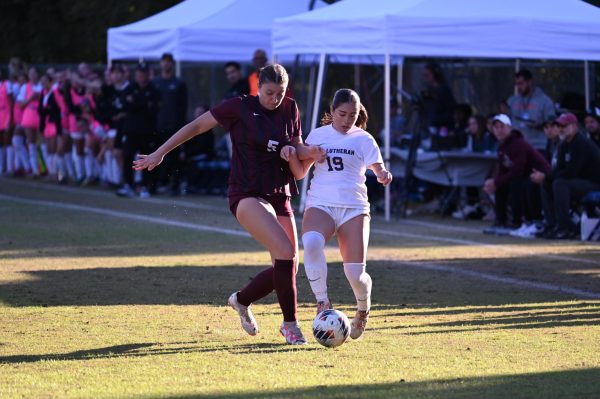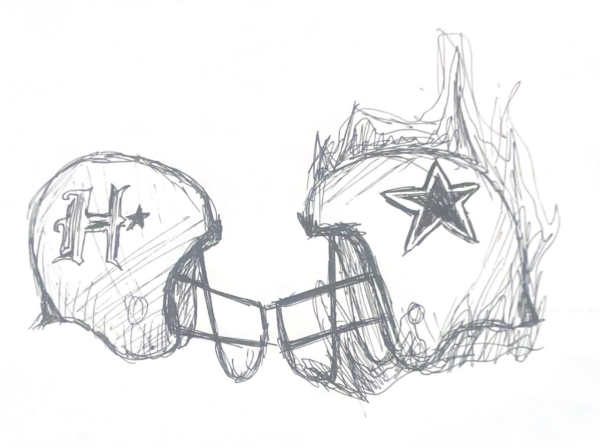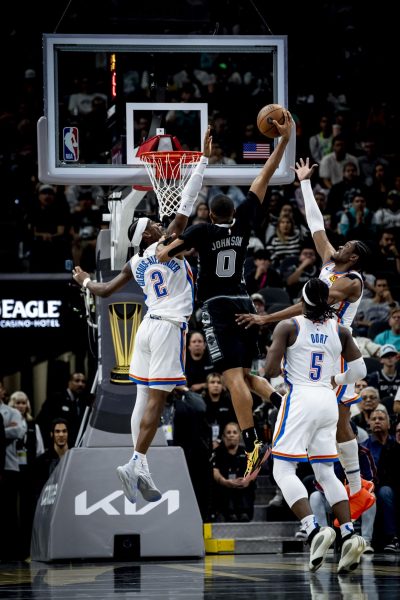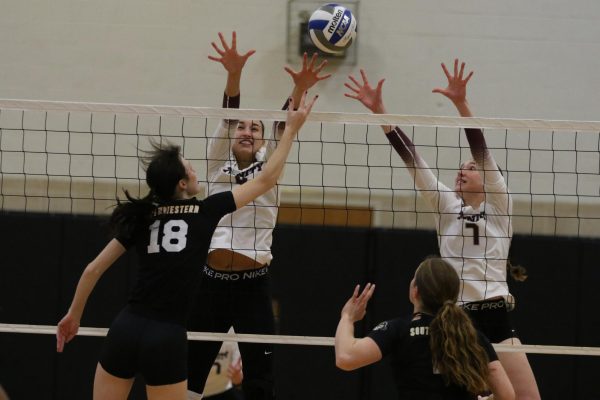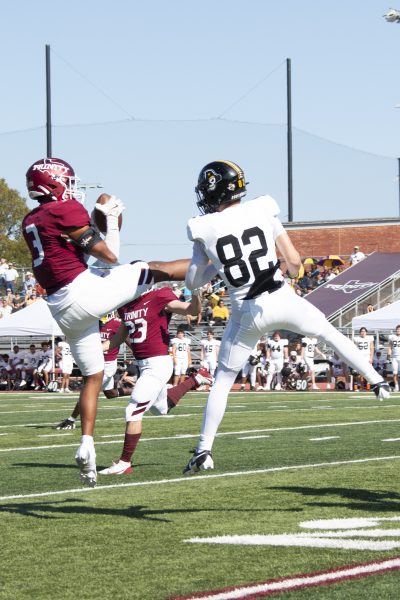Today’s Tigers follow in the footsteps of historic 2003 men’s soccer team
A reflection on Trinity’s NCAA Championship win as the postseason begins for men’s soccer.
“Control the controllables.”
The expression is so self-evident that it’s almost laughable. For Josh Smith, the 2003 National Player of the Year, the phrase is proven. It’s something he carries with him today, and it’s something that helped him and the Trinity men’s soccer team win the 2003 National Collegiate Athletic Conference (NCAA) Division III National Championship.
But that year entailed more than a championship, it was quite literally, perfection. The Tigers’ played to an unbelievable 24-0-0 mark in route to winning what has remained the only NCAA National Championship for a men’s soccer program from the state of Texas. It marks one of only three occurrences since 1974 that the Division III National Champion finished with a perfect record.
What’s more is that Trinity accomplished all of these things coming off of an incredible 20-1-2 season the year prior. Their only loss in that season came in the NCAA Tournament Final Four round, a game played nearly in December in Canton, New York, a mere half-hour drive from Canada. The conditions were harsh, and they played an impact in restraining a talented Tigers team from a national championship match.
But the weight and relevance of this story lies in how the Trinity men’s soccer team fought, battled, dominated and almost always won for two straight years, a period of brilliance that culminated in them etching their names into the record books.
It’s relevant because today, nearly two decades removed from this period, the men’s soccer team is flashing greatness again. They sit in a similar position to those teams that played almost two decades ago, sitting at 15-0-1 as they prepare for the Southern Collegiate Athletic Conference (SCAC) postseason tournament, with an NCAA Tournament berth almost certain to follow.
With parallels between these squads, insights from members of the 2003 team help paint a picture of what the team is experiencing today.
In the 2002 season, when they reached the final four, the Tigers took down top ranked Rowan University, a commanding win that catapulted them into the number one spot, a position they would hold until losing in the final four. For Josh Smith and the other seniors on the team the 2003 season was their last chance to leave their mark on the program.
“We had really kind of established ourselves going into [2003]. You know, certainly at that point, you’re not sneaking up on anybody, so you’re gonna get everybody’s best game. Personally for me, and I’m sure for the other seniors that were there with me, we knew that was our last chance [… We took] each game, one game at a time, whether we thought we should win it or not. I think we came in as focused as we could be, making sure we took care of business,” Smith said.
And that’s what Trinity should expect now, especially as conference tournament play approaches. The Tigers, having been ranked in the top three of the United Soccer Coaches Division III poll for much of the season, have a target on their backs as large as it has been at any other point in the year. Everyone in the tournament will give the Tigers their best shot, as most teams’ seasons are on the line, with the idea of stepping onto the field for the last time in their careers being a threat for opposing seniors.
But to avoid an upset, a diverse Trinity squad will need to rely on their experience according to Eddie Ho, who was in his first and second years in the program in 2002 and 2003.
“I know the squad right now … They’re loaded with a lot of first years and underclassmen, which is kind of interesting because you rely a lot on the leadership of the upperclassmen to kind of tell you and guide you [because] this is rare, this is not normal … I remember coming off the bench as a freshman the first few games, and I was enjoying it. … As the season progressed, we kept winning, didn’t have any losses, and upperclassmen were just at that point sharing, ‘Hey, this is not the norm,’” Ho said.
It seems like a difficult line to walk, however, balancing the gravity of carrying a top ranking in the country while remaining humble, and hungry.
But the person who kept those teams grounded is one of the biggest parallels between today and those seasons in the early 2000s. Head coach Paul McGinlay has been at the helm for 31 years now, and he is the rock that the program has been built upon. According to Matthew Pepping, a goalkeeper who capped his career with the national championship, McGinlay’s consistency and expertise are instrumental to the team’s success.
“I don’t know anyone who doesn’t love Coach McGinlay. He has the unique ability to make sure that no one on the team ever thinks they walk on water. … He knows what a team requires and when they require it. … In my experience, and having watched it and knowing him, he’s consistent,” Pepping said.
Earlier this year, McGinlay shared a term that he has preached to his team this season: wise worry.
“Just because you won Friday, it doesn’t mean anything Sunday. Today’s a new day. To never underestimate the opposition’s desire to win the game … Understand the formula of having a great attitude. Having a high level of concentration and having maximum effort. Those are three things we talk about every day. The formula is no secret, it’s [about] the implementation,” McGinlay said.
So far, it seems as if they have been successful in implementing that formula, but as the season winds to a close, it’ll be critical that they continue to do so. Perhaps they can also adopt some advice that was preached in the past: if the Tigers of today manage to control the controllables, you have to like their odds.

Having grown up in San Antonio, sports have always been especially meaningful to me, in the opportunities that I had playing but also in the way teams...

I am a senior photographer from Houston, Texas majoring in Biology on the pre-PA track. I love sports photography and just being able to capture a moment...


